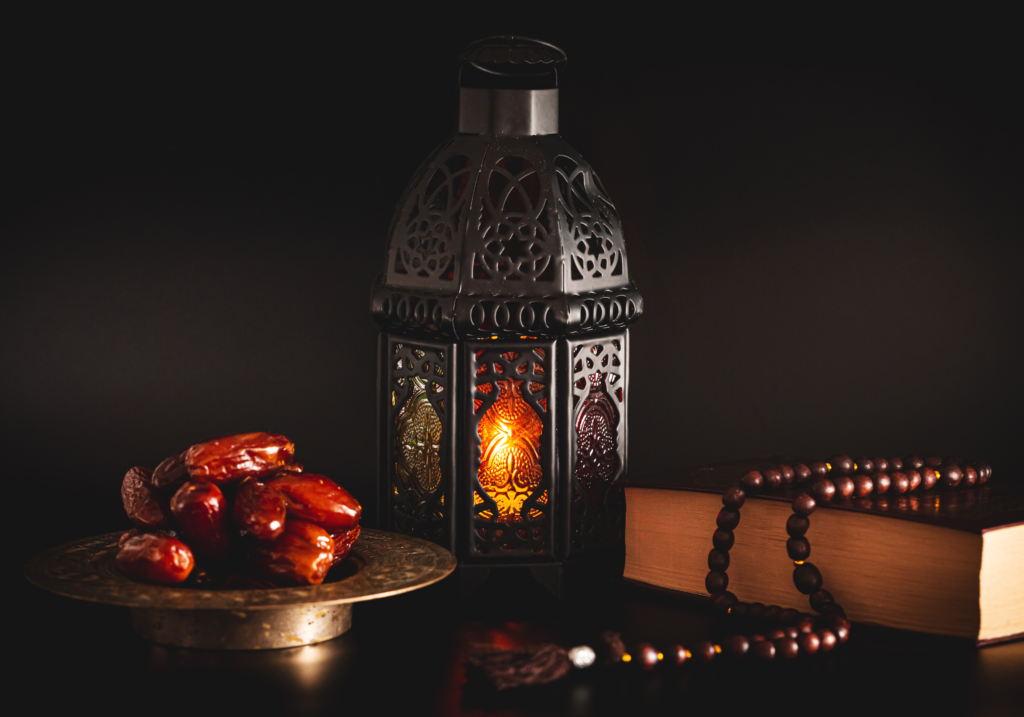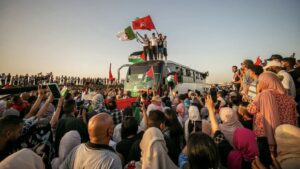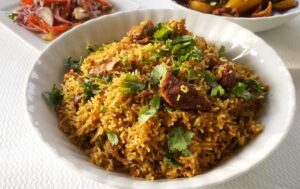
Allah confers the gift of haddiyah to a fasting person, but the question arises ‘what do we do with this gift?’, Professor Aslam Fataar explains.
The clarity of perception that Ramadan affords the one who fasts lays the ground for us to be elevated onto Allah’s divine beauty and generosity. This elevation is called ‘rif`ah’. According to the renowned Sufi teacher Ibn ‘Arabi, the fast takes the one who fasts from a condition of abstinence (imsāk) and lifts him (rif`ah) unto Allah’s rahmah.
Moving from abstinence to elevation is the cornerstone of a Muslim’s life. Ramadan is a time for disciplining the body and cultivating the heart through fasting, prayer, recitation and God’s remembrance (adhkār). These practices infuse us with beautiful human qualities, which create a human condition described by Allah (SWT) as “the best of human conformation or molding (ahsani takwim)” (Surah Tin, Qur’an, Chapter 95)
Once we enter the state of rif’ah or spiritual elevation, we are ready to commit ourselves to a productive life. This is the gift or haddiyah that Allah confers on the one who fasts during Ramadan.
The question arises of what we do with this gift. How do we come to understand our commitments to our family, neighbours, the sick and the elderly? What is the responsibility of the one who fasts to the masakin, the most vulnerable and poor in our society?
We are reminded of the supplication of Prophet Muhammad (SAWS), in a hadith narrated by Ibn Majah, who asked Allah: O, Allah! Let me live like a poor (person), die like a poor (person), and gather me among the group of the poor.
The Prophet’s entire mission is to live among the poor and alleviate people’s hunger and suffering. The spiritually elevated Muslim is required to act in the world to alleviate human suffering.
We are required to be Allah’s vicegerents for protecting life. Such a stance requires us to pray to Allah to give us the capacity to understand our moral responsibility, which will impact our hearts and prompt us into action.
Prophet Muhammad (SAWS) taught a supplication to Allah to teach us to recognise and act on the reality of the conditions of his life, people and their living conditions.
Opportunity
During Ramadan, we are gifted with the opportunity to install virtuous practices into our lives. This requires us to make our contribution to societal welfare. Life under challenging circumstances creates a situation where people focus narrowly on survival. We retreat into our homes, draw the curtains and close our doors. We feel we want to protect our families.
People’s disillusionment can turn us inward, facing away from our fellow citizens. Yet, turning our backs is not an excellent behavioural response (adab-al-ihsan). Our responses should be informed by making alliances based on civic conduct that opposes political bigotry and corruption. We should ready ourselves for an all-encompassing ethical response to address our political, economic and societal challenges.
Closing our hearts to the plight of the desperate does not conform to the objective (maqsad) of preserving societies and livelihoods.
The month of Ramadan offers us the time, space and spiritual energy to elevate our behaviour as a way of attaining closeness to Allah and going on to live a peaceful, constructive life. Living in service of the plight of human suffering is the highest expression of beautiful, virtuous behaviour in service to others.
*Aslam Fataar is a professor in the Department of Education Policy at Stellenbosch University in Cape Town.











